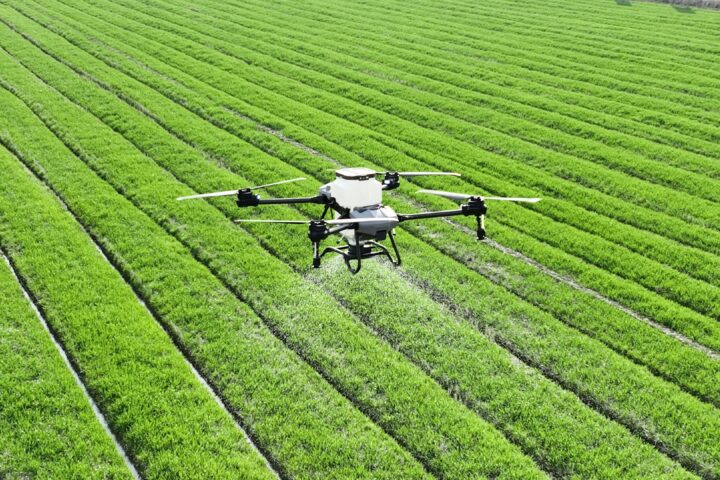
"Pesticides are to blame for insect deaths."
Pesticides are repeatedly blamed for the decline in insects. That is too simplistic an assessment. The reality is much more complex. For example, overdevelopment has a much stronger influence on insect populations. This is demonstrated by a meta-study on global insect decline.
Saturday, November 2, 2019
In brief:
- The decline in insects is less severe than originally thought. While land insects have fallen by 9 percent per decade, water insects have increased by an average of 11 percent over the same period.
- It is also clear that various causes are responsible for the decline in the population of land insects.
- Lack of living spaces (e.g. due to lack of open spaces and or hedges); surface sealing of all kinds (e.g. through superstructures and roads); introduction of substances into the environment (for cleaning and plant protection); increase of light sources (e.g. through permanent lighting of roads); increase of traffic (collisions with insects); lack of protection of biotopes (fewer wetlands).
Honey bees, wild bees and other pollinators play a central role in agricultural ecosystems. Pollination by pollinators can contribute to improving agricultural yields. According to the Swiss Federal Statistical Office's Environment 2020 pocket statistics (p. 14), in 2018 around 42 000 hectares of cultivated land benefited from pollination by animals. This is about ten hectares more than 20 years ago. Pollinators promote production, especially in fruit or berries, but also in rapeseed or sunflowers.
There is no doubt that the improper use of plant protection products can be dangerous for humans, animals and the environment. But to make pesticides responsible for all insect deaths is far too simplistic. Several other important factors have been identified by science, which in some cases pose a significant threat to biodiversity. A comprehensive meta-study shows that the reasons for the decline of insects on land certainly have more than one cause.
Progressive overdevelopment as a problem
The study also shows: In fact, there is an increase of eleven percent in water insects. In our latitudes, the demand for land in favor of settlements and roads should play an important role. Colonization in Switzerland as well as in the whole of Europe is progressing rapidly. Besides the fragmentation of the landscape, the sealing of soils is the main problem. The latest figures from the pocket statistics for the Environment 2020 of the Federal Statistical Office (p. 31) show that the sealed areas have increased by 29 percent within 24 years. This means that almost 5 percent of the land area is sealed. The soils can then no longer fulfill their important functions for nutrient and water circulation. In addition, the light pollution associated with the colonization poses a threat to many insect species. The area of settlement continues to expand continuously, by more than 30 percent since just 1982. At the same time, farmland and meadows disappear.
Blindspot article
More and more bee colonies in Europe
Modern agriculture can also have a positive effect on insect diversity. For example, a study from the USA shows that honey bees are doing better in areas that are intensively used for agriculture, even if plant protection products are used there. This is due to the fact that agricultural areas offer a rich food supply and thus a good basis for living. In this way, endangered species can certainly benefit from agriculture. Contrary to all claims, according to FAO figures, the number of hives in Europe too has been increasing for years. A recent compilation shows that the decline of honey bees is a myth.
Related articles

Pesticides in Green Smoothies
After countless recipes for Christmas cookies, festive roasts and cocktails, the advice on losing weight, detoxing and beautifying oneself now takes centre stage. Most of it is sheer nonsense.

Natural Toxins: An Underestimated Risk in Our Food
Safe food cannot be taken for granted. While chemical substances are often the focus of public criticism, reality shows that the greatest risks to food safety are of natural origin. Recent recalls of infant food products illustrate how insidious bacterial toxins or moulds can be.

Herbal Teas: Making You Sick Instead of Slim
Plant protection products are frequently the focus of public criticism. Far less attention is paid to the fact that natural ingredients in teas and dietary supplements are also biologically active and can pose health risks.

Ensuring Food Security Through Innovation
Agriculture stands at the centre of a global field of tension shaped by climate change, geopolitical crises and growing demand for food. Insights from the World Economic Forum in Davos show that the industry’s response lies in the intelligent combination of digital precision and biological progress.

